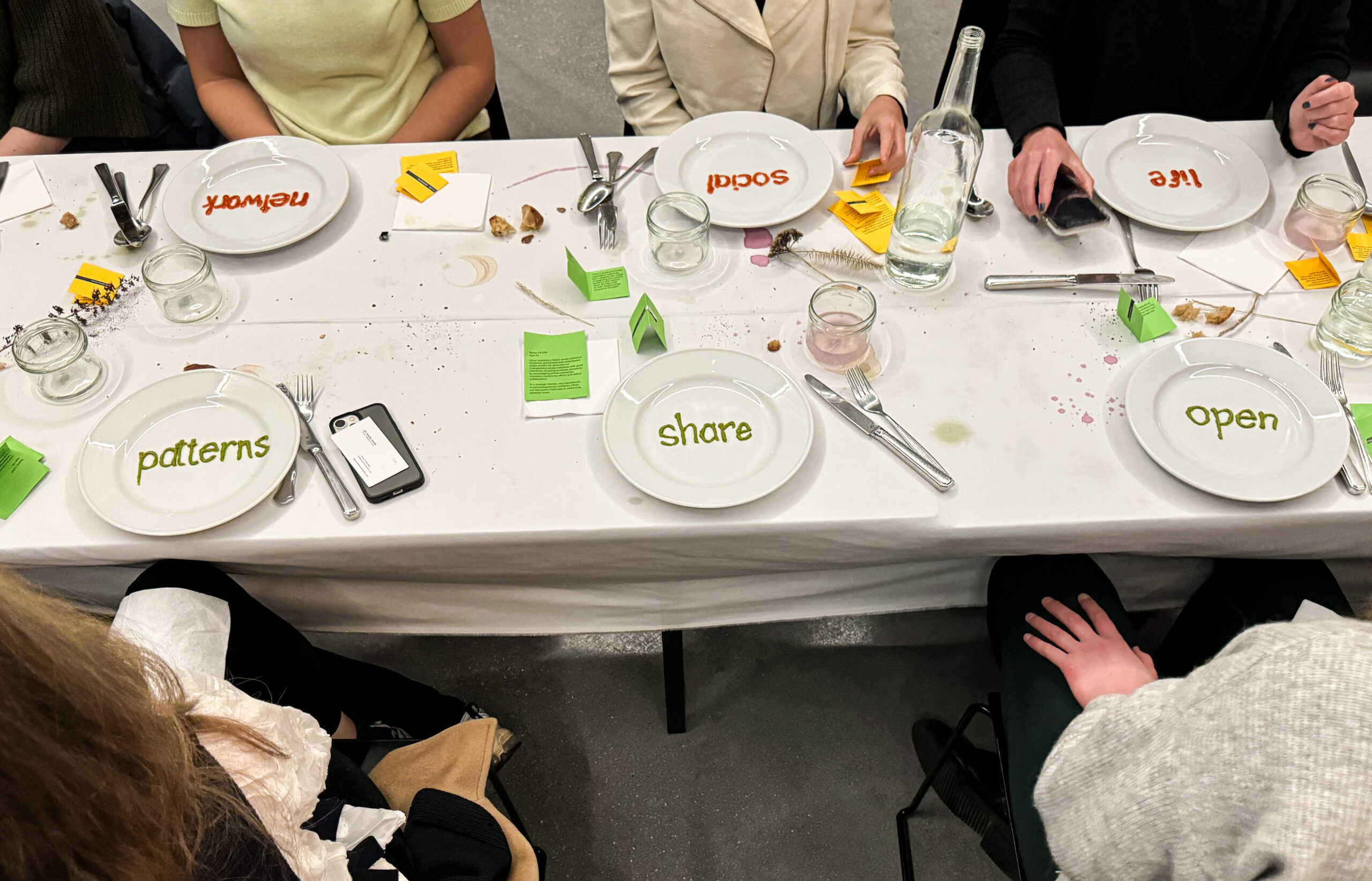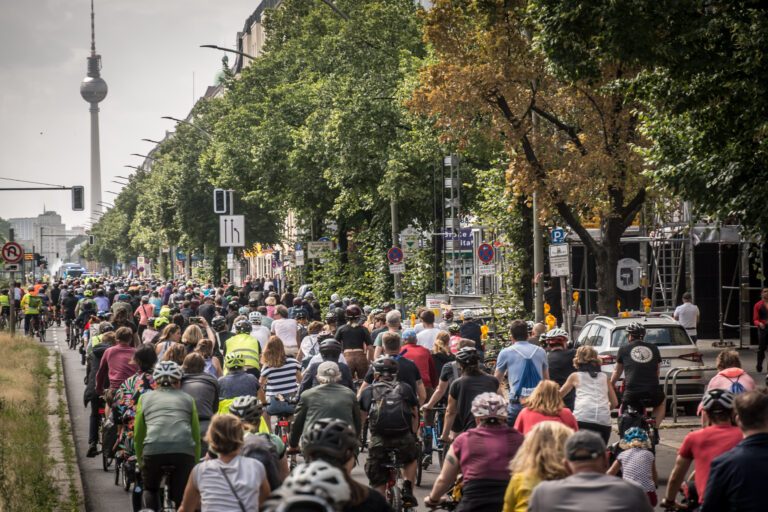“Because all humans have rights”: this is the motto of the human rights organisation Jumen, which was founded in 2016. Since the middle of last year, the team of twelve has been campaigning for the protection of fundamental and human rights in Germany from its offices on our campus. Because, as Kaja Deller, a legal scholar at Jumen, explains, “Human rights are not always protected in practice.” For example, a man still attempts to kill his former partner once every three days.
Greater human rights through strategic litigation
In order to improve the implementation of human rights, Jumen’s primary method is strategic litigation. The idea is to change things for many people through individual court rulings. The focus is always on people: “Our starting point is always the question of what those involved want,” says Deller.
Jumen mainly specialises in two areas: the family reunification of refugees who are persecuted in their countries of origin and violence against women. One example of the organisation’s success was in 2018, when the Berlin Administrative Court ordered Germany to issue visas to the family of Bashar, a minor who had arrived from Syria.
Stronger together
A core aspect of Jumen’s work is intensive networking with other people and organisations. “We are much stronger when we act together,” says Deller. This is also something that the human rights organisation appreciates about Atelier Gardens. According to Deller, the campus offers a variety of opportunities for encounters, conversations and support. Jumen thus mainly falls under the third pillar of the campus motto, “Soil, Soul and Society” – although society is ultimately based on the environment, too.
We should also mention here, in the spirit of this collective strength, that Jumen is largely staffed by volunteers and is dependent on financial support. If you are interested in the organisation’s mission and would like to help, you can find a link to the Jumen website here.

